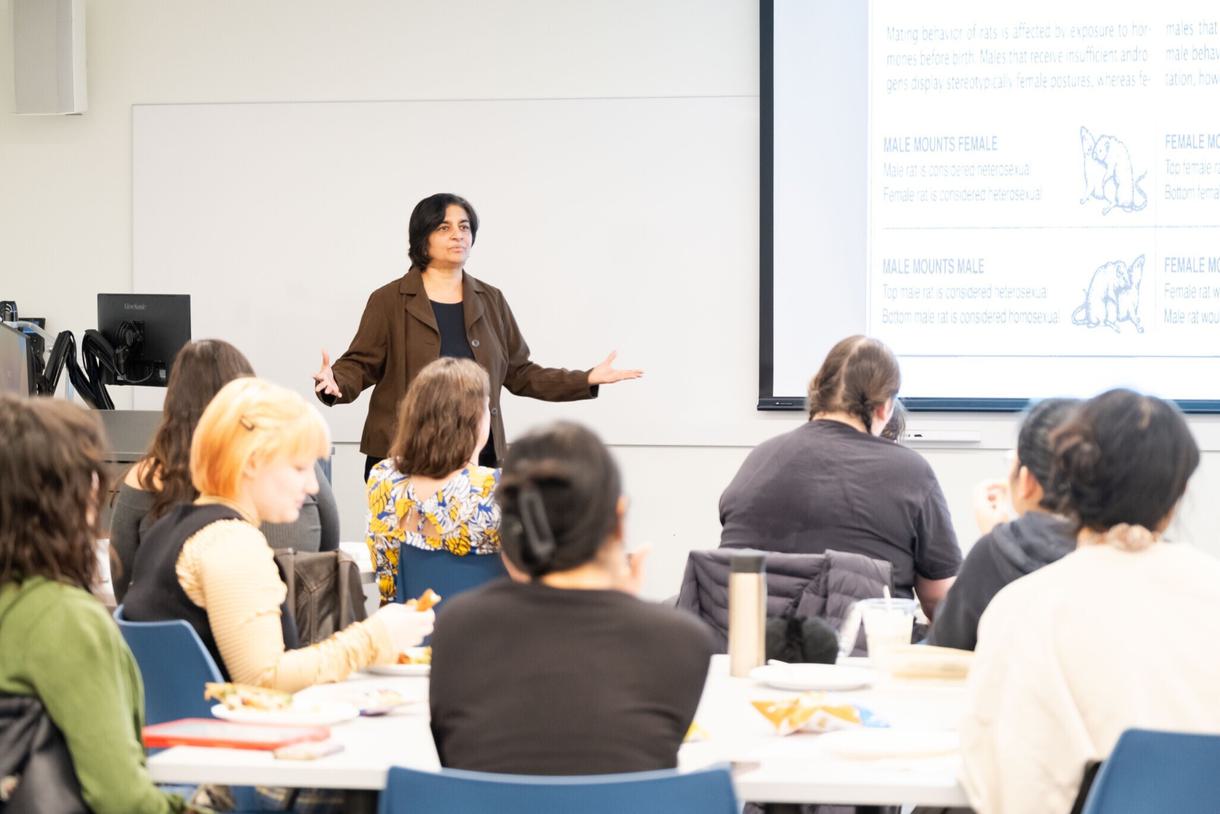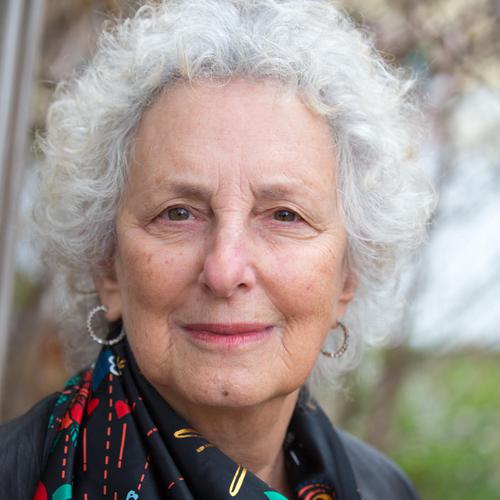Women’s and Gender Studies
Academic Department Introduction
We explore gender and its intersections with other relations of power, such as race, social class, sexuality, nationality, age, dis/ability, and ethnicity. These forces shape the individual and collective lives of people across diverse cultures and times, and provide contexts for analyzing the worlds in which we live.
Our curriculum and faculty research reflect the vibrant contours of global feminisms today. We cover a variety of theoretical and empirical scholarship such as feminist theory; queer and trans studies; anticarceral/abolition feminisms; Indigenous and transnational feminisms; media studies; science and technology studies; critical animal studies; critical health studies; environmental and reproductive justice and their intersections; and feminist activism within disciplinary and interdisciplinary frameworks.
Learning goals
- Interrogate how sex, gender, sexuality, race, dis/ability, and nation have been historically constructed, unsettled, and contested as social identities and systems of power.
- Examine the potent material and political implications of social identities.
- Apply an intersectional lens of race, class, gender, ethnicity, and sexuality to recognize the interlocking systems of privilege, oppression, and opportunity.
- Deploy gender as a category of intersectional analysis in written and oral communication.
- Cultivate a transnational awareness about shifting frames in global geopolitics.
- Demonstrate knowledge of the history of activism and the complexities of social change.
Programs of Study
Women’s and gender studies major and minor
Students explore how structural changes and historical moments intersect with individual lives. Each major chooses one of the following concentrations, taking at least four courses in that area:
1. Representations, media, and race
2. Feminist science, health, and reproductive justice
3. Labor, families, and the state
4. Transnational feminism(s), global context
Course highlights
Introduction to Queer Theory
WGST266
This course will offer a critical introduction to queer theory, a major theoretical framework within women’s and gender studies that emerges from the study of sex and sexuality as a guiding force in social and political life. The course will start with an expansive background on the history and development of queer theory, before exploring some of the key debates that continue to animate the field. Specifically, we will consider the complicated relationships between queer theory, feminist theory, and queer of color critique. Finally, the course will consider the relationship between queer theory and forms of queer expression in literature and culture, such as in Alison Bechdel's graphic memoir Fun Home and its musical adaptation.
-
Seminar: Feminist Critical Animal Studies: Humans and Horses
WGST343
Equine cultural studies has become one of the most exciting fields to emerge out of Critical Animal Studies for how it looks at the intersection of humans and horses across histories, cultures, and the humanities. This seminar will provide an introduction to Equine Cultural Studies through the lens of feminist studies in its focus on the boundaries between horses and humans. Some of the questions we explore include: Did Anna Sewell’s Black Beauty (1877) inspire the Massachusetts Society for the Prevention Against Cruelty to Animals as well as the backlash against Victorian women’s corsets? Is there a feminist way to ride a horse? How does feminist thought offer a unique interrogation of race, flesh, and femaleness that sheds new light on equine studies? How has the horse been an integral partner in therapeutic healing in both Native and Indigenous communities as well as in non-Native communities? (ES 343 and WGST 343 are cross-listed courses.)
Places and spaces
We have an accessible and welcoming lounge for department-sponsored events and informal student gatherings.
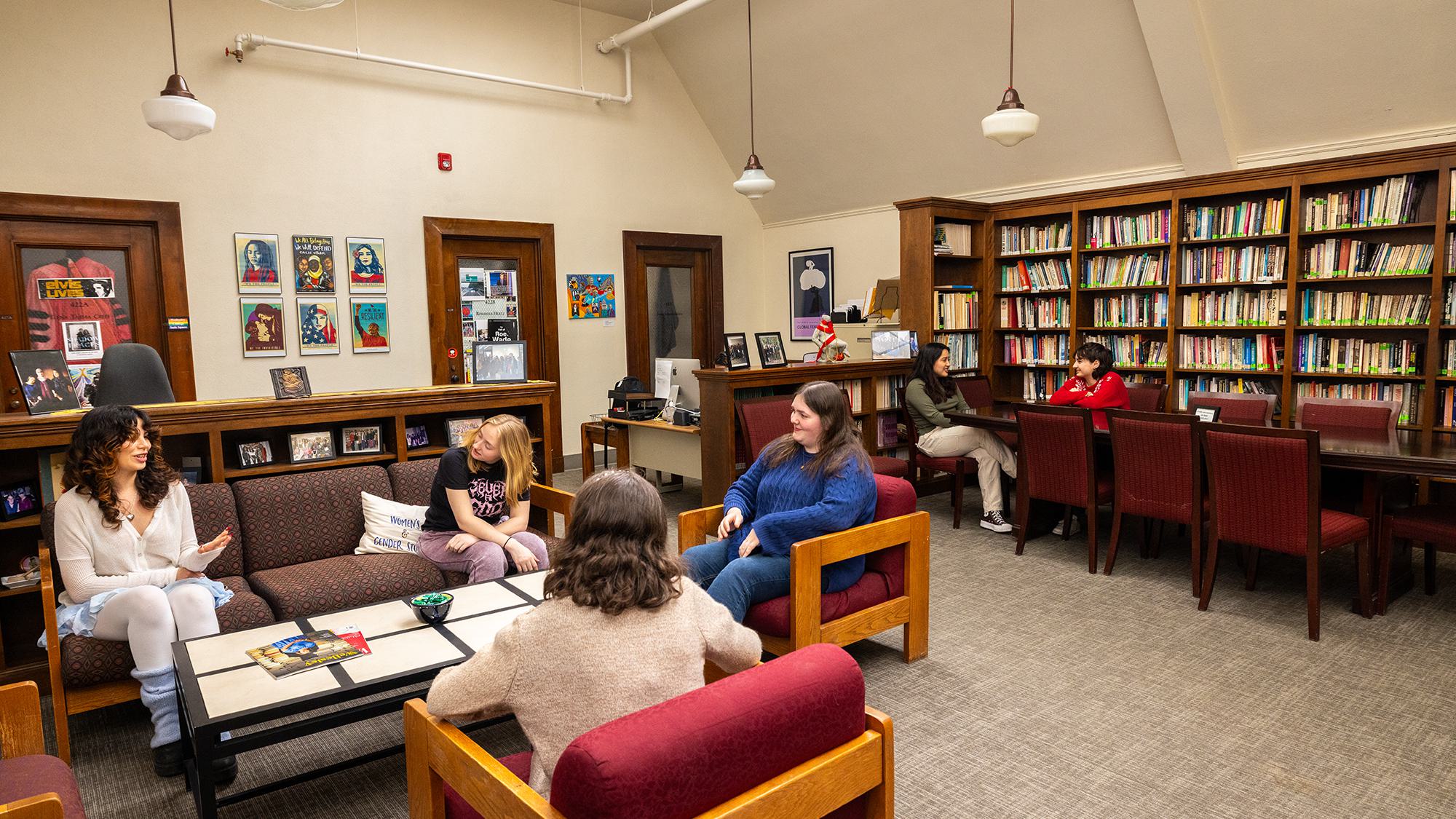
Research highlights
-
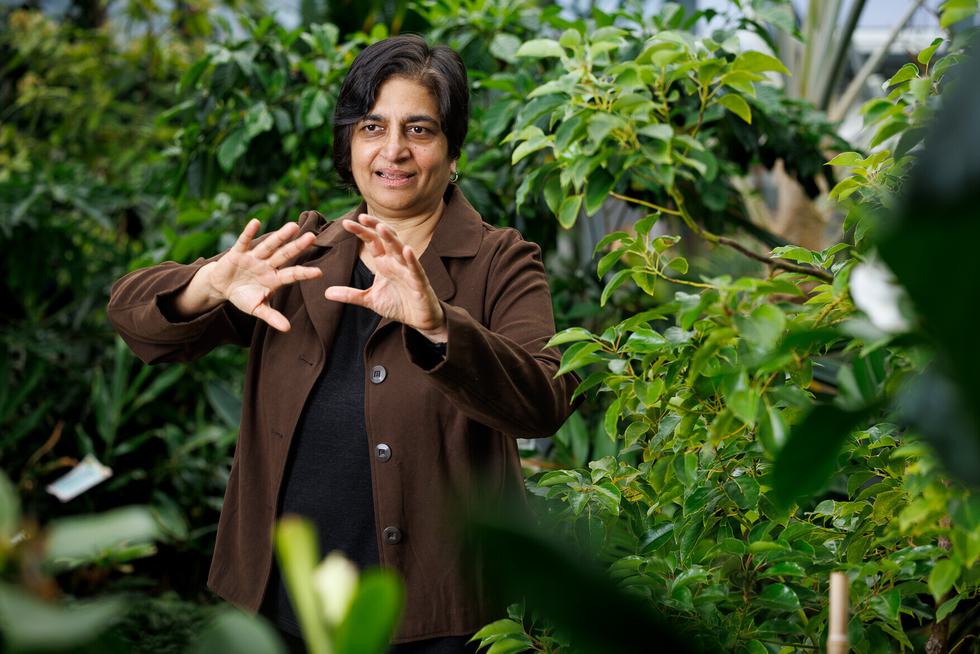
Professor Banu Subramaniam’s new book, Botany of Empire: Plant Worlds and the Scientific Legacies of Colonialism (University of Washington Press, 2024), examines how the plant sciences and botany have been profoundly shaped by empire, and how those histories live on in our study of plant worlds today.
-
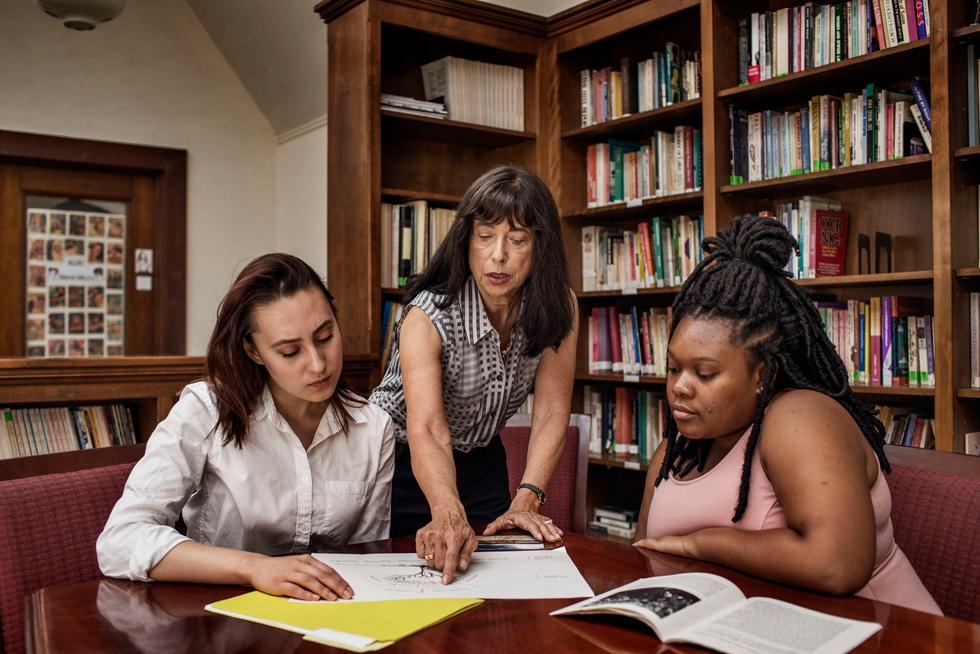
Professor Rosanna Hertz conducted research on single mothers’ experiences during the COVID-19 pandemic and co-authored an article about her findings in the 2021 issue of Journal of Family Issues. Her latest co-authored book is Random Families: Genetic Strangers, Sperm Donor Siblings, and the Creation of New Kin (Oxford University Press, 2019).
-
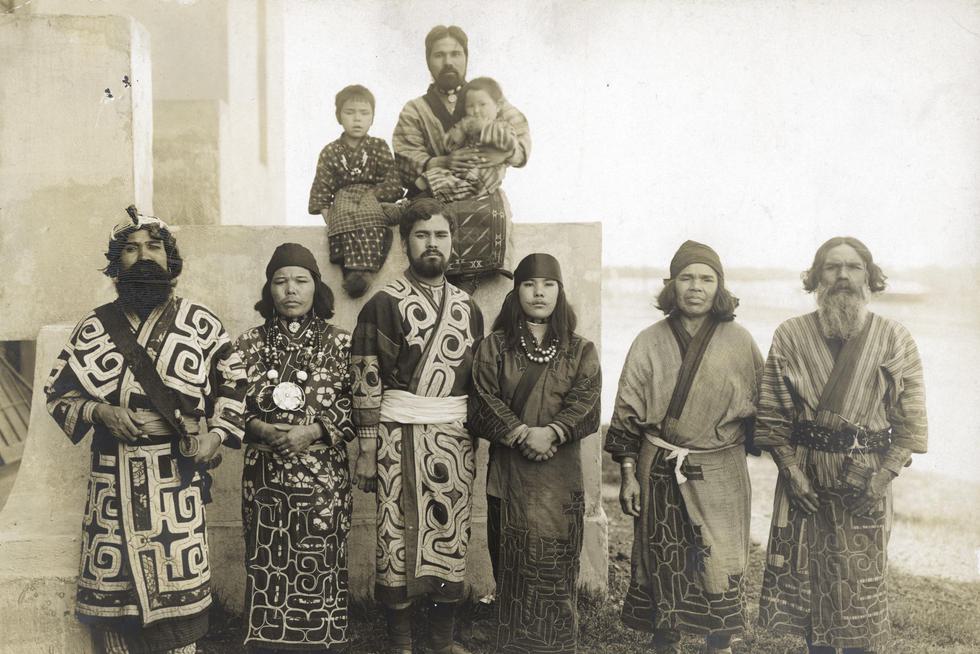
In Professor Elena Creef’s book Shadow Traces: Seeing Japanese/American and Ainu Women in Photographic Archives (University of Illinois Press, 2022), she examines little-known visual archives of four historical groups of Asian women. She also follows the augmented reality work of Japanese artist Masaki Fujihata and his digital simulation of the WWII Japanese American evacuation, BeHere/1942.
-
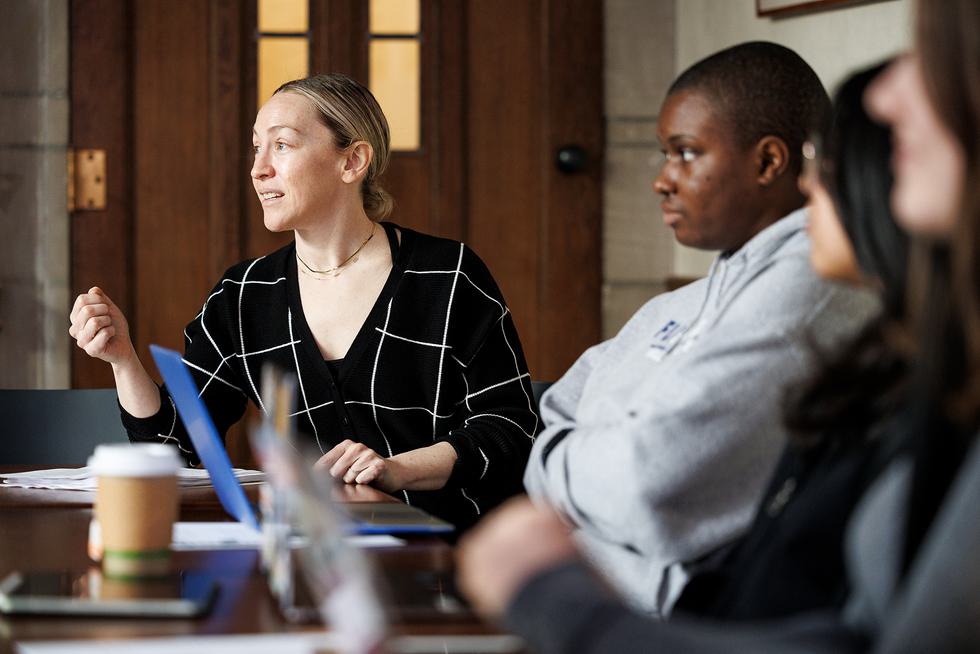
Professor Jennifer Musto’s 2022 article “The Afterlife of Decriminalisation” explores the harms of reforms billed as trauma-informed alternatives to punishment. As co-facilitator of the Anti-Carceral Co+Laboratory (ACC) with Laura Grattan, professor of political science, she organized “Dreaming Abolition, Co-Creating Abolitionist Knowledge in Greater Boston,” a convening to explore how scholar-activists and organizers can reimagine freedom, justice, safety, and education beyond prisons.
Opportunities
We work closely with students to identify opportunities that will deepen their experience within our department.
-
WGST Leadership Council
Majors and minors selected to join the WGST Leadership Council engage in student outreach and offer strategic advice and leadership in shaping departmental programming.
-
WGST tutor program
As tutors providing peer support to students enrolled in WGST courses, WGST majors and minors have a vital opportunity to translate their understanding of gender and sexuality studies and apply their critical thinking, writing, and editorial skills.
Beyond Wellesley
Beyond Wellesley
Our graduates are thought leaders, policy innovators, entrepreneurs, writers, artists, and healers. Many devote their careers to confronting the most pressing issues of our time. They work in a range of fields, including health care, education, law, and the nonprofit sector. Employers of recent WGST graduates include United We Dream, Google, Accenture, the National Academy for State Health Policy, and Planned Parenthood.
Recent Employers






106 Central Street
Wellesley, MA 02481
